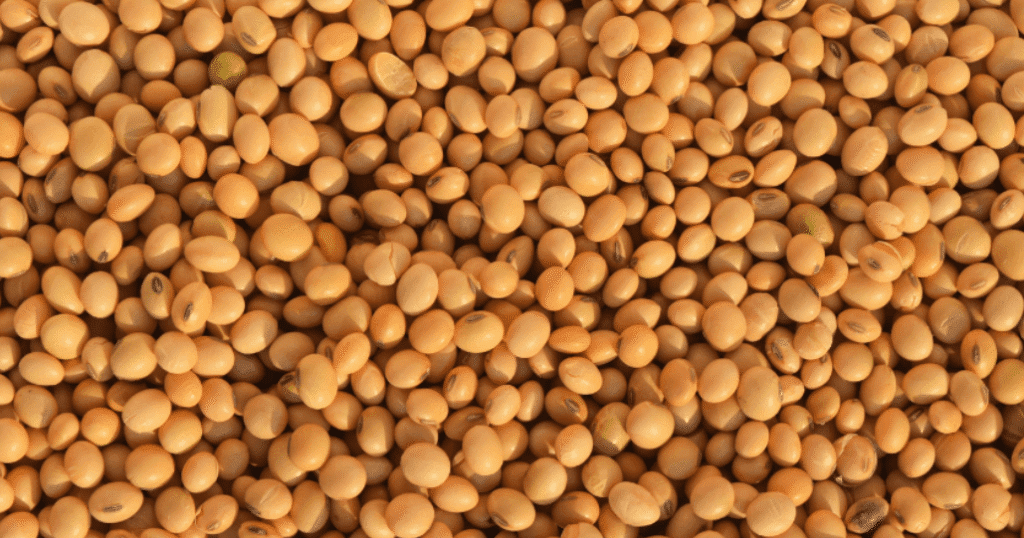ISLAMABAD: A high-level government committee, established by Prime Minister Shehbaz Sharif, has rejected a proposal to allow imports of genetically modified (GMO) soybean meal, despite strong lobbying from major poultry industry players.
The committee, chaired by Federal Minister for Climate Change Musaddiq Malik, held its second meeting on May 9 and concluded that domestic production of soybean meal—processed from imported GMO soybean seeds—is sufficient to meet the poultry sector’s needs. A reliable source confirmed that the committee decided to postpone any new import approvals for at least six months.
This committee was formed after concerns raised by the All Pakistan Solvent Extractors’ Association (APSEA), which imports soybean seeds and processes them into oil and meal. APSEA warned that allowing unrestricted imports of ready-made GMO soybean meal could harm local solvent extraction businesses and the domestic industry at large.
Prime Minister Shehbaz Sharif tasked the committee, including ministers from Commerce, National Food Security, Power, and Industries, to assess APSEA’s concerns and align recommendations with international best practices. The Climate Change Ministry serves as the secretariat for this committee.
Documents reveal the approval process had advanced, with clearance from an Institutional Biosafety Committee and a Technical Advisory Committee under the Ministry of Climate Change—then headed by Farzana Altaf Shah, the suspended Director General of Pak-EPA. The committee had recommended licensing imports of GMO soybean meal from the United States, requested by poultry feed companies such as SB Feeds and Zubair Feeds.
Earlier this year, the federal government amended Biosafety Rules to permit GMO food and feed imports based on international risk assessments, removing the need for local testing. This change has drawn criticism from environmentalists and domestic industry stakeholders.
Although the Technical Advisory Committee supported imports, APSEA raised objections over the rapid approval process and lack of comprehensive local risk assessments. A scheduled National Biosafety Committee meeting to finalize the decision was postponed for further review.
APSEA insists all GMO soybean meal import approvals be suspended until a transparent, science-based regulatory framework is established. The group also cited previous cases where imported GMO shipments were rejected by the Department of Plant Protection for failing quality standards.
On the other hand, poultry and feed mill representatives argue that GMO soybean meal is more cost-effective and nutritionally superior to locally processed options. They claim current restrictions protect a few local processors at the cost of the wider poultry industry.
However, a major soybean seed importer countered these claims, noting that meal prices have fallen significantly since GMO soybean seed imports resumed, attributing earlier price hikes to a temporary ban on seed imports—not a shortage of GMO soybean meal.
